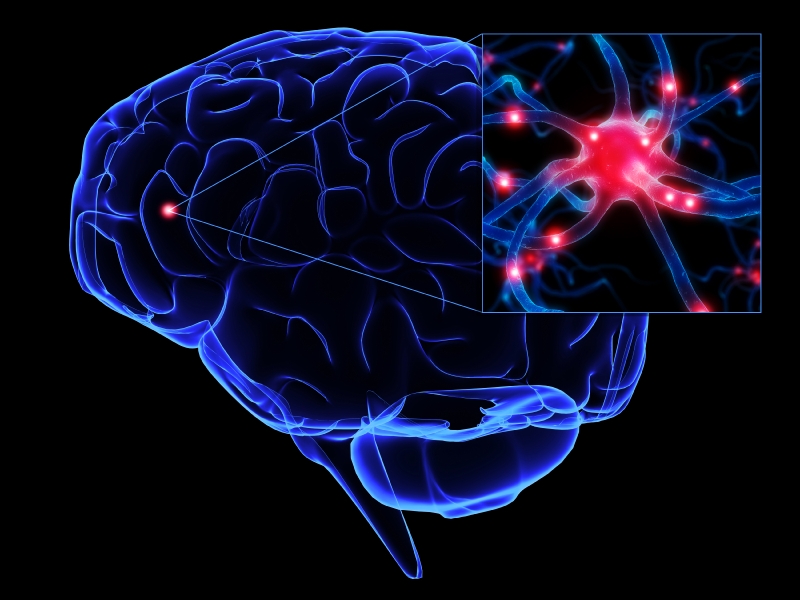Williams-Beuren Syndrome (WBS) is a neurdevelopmental genetic disorder characterized by specific cognitive and behavioural defects resulting in a unique debilitating personality profile. Because these defects are highly specific and penetrant, WBS provides a rare means to understand, at the molecular level, the cause for specific aspects of human cognition and behaviour. Our laboratory discovered a gene disrupted in WBS, GTF2IRD1, which underpins prominent features of this disorder. We have made significant inroads into gene function and the emerging picture of GTF2IRD1 suggests that it mediates transcriptional repression of gene target sets by epigenetic mechanisms. A major hurdle remains linking its method of gene regulation with cellular function. Through analysis of our Gtf2ird1 knockout mouse lines, we have identified a number of avenues to investigate molecular and cellular mechanisms of Gtf2ird1 dysregulation and brain cell function.
Gtf2ird1 and the molecular and cellular basis of human behaviour
Medicine & Health
